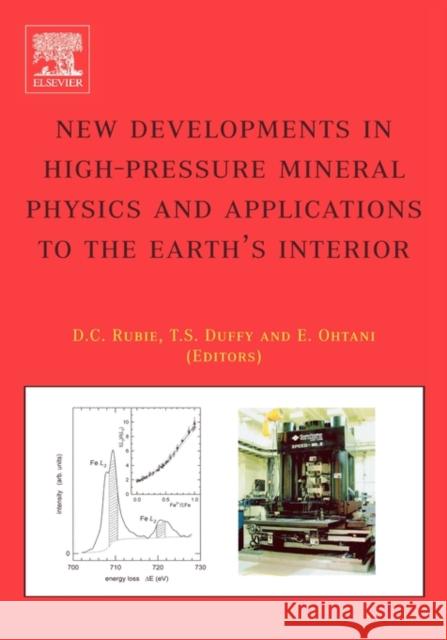New Developments in High-Pressure Mineral Physics and Applications to the Earth's Interior » książka
New Developments in High-Pressure Mineral Physics and Applications to the Earth's Interior
ISBN-13: 9780444516923 / Angielski / Twarda / 2005 / 638 str.
Geophysical measurements, such as the lateral variations in seismic wave velocities that are imaged by seismic tomography, provide the strongest constraints on the structure of the Earth's deep interior. In order to interpret such measurements in terms of mineralogical/compositional models of the Earth's interior, data on the physical and chemical properties of minerals at high pressures and temperatures are essential. Knowledge of thermodynamics, phase equilibria, crystal chemistry, crystallography, rheology, diffusion and heat transport are required to characterize the structure and dynamics of the Earth's deep interior as well as the processes by which the Earth originally differentiated.
Many experimental studies have been made possible only by a range of technical developments in the quest to achieve high pressures and temperatures in the laboratory. At the same time, analytical methods, including X-ray diffraction, a variety of spectroscopic techniques, electron microscopy, ultrasonic interferometry, and methods for rheological investigations have been developed and greatly improved. In recent years, major progress has been made also in the field of computational mineralogy whereby ab initio simulations are used to investigate the structural and dynamical properties of condensed matter at an atomistic level. This volume contains a broad range of contributions that typify and summarize recent progress in the areas of high-pressure mineral physics as well as associated technical developments.










